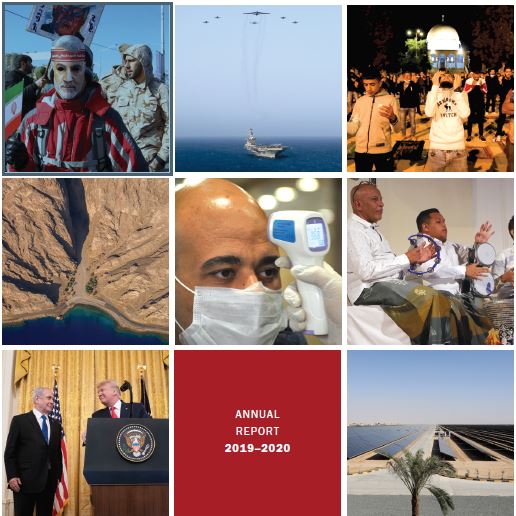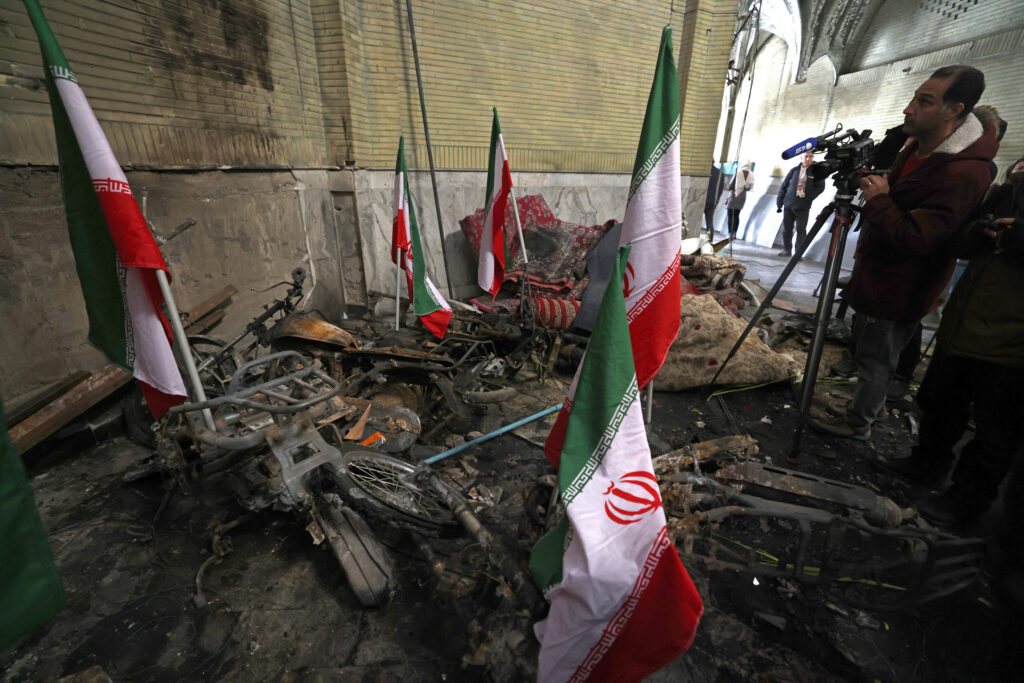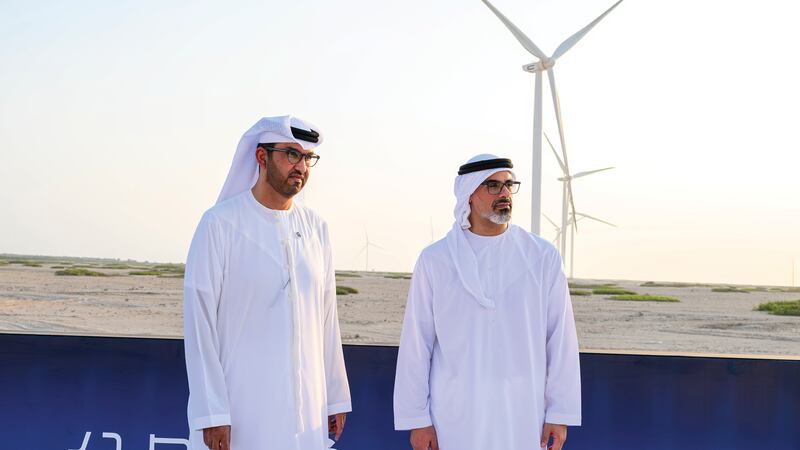Download a copy of our Annual Report here.
Chairman’s Message
The Necessity of Political Incorrectness: A Note to MEI’s Researchers
We live in an intellectually lazy age where tropes have often replaced thought. A trope is not necessarily wrong. But an over-used device soon begins to be treated as if axiomatic — valid for all time — and a means of avoiding the tough business of thinking toughly. The problem is compounded by the political correctness that has infected too much of academia, and even policymaking. Political correctness blurs the edges of ideas and results in soft thinking that avoids or glides over harsh facts or uses soothing words to avoid them. It is a form of cowardice.
The study of the Middle East, a region that has more than its fair share of harsh facts, has been particularly susceptible to the insidious influence of tropes and political correctness. Edward Said’s path-breaking Orientalism exposed one set of tropes, but has now itself become a politically-correct trope. Not everything that the West thought about the Middle East was wrong. Not everything the Middle East thinks about itself is right. Said was not politically neutral, but neither are many of the anti-Orientalists. They have greatly harmed the credibility of Middle East studies. We are analysts, not advocates.
Some academics have tried to avoid the traps by retreating to the study of the ever more exotic, expressed in ever more
incomprehensible jargon. A trope is no less a trope for being decked out in fancy dress. Unfortunately, this is the general trend in the humanities and social sciences, which suffer from a profound inferiority complex vis-à-vis the natural sciences. This is encouraged by the system of university rankings, which inter alia requires publication in peer-reviewed journals. Thus do hamsters run around and around on wheels in their cages.
The Middle East Institute (MEI) has, with NUS’s support, avoided these dead ends. Our Working Papers and other products have been generally well-received by our key stakeholders in the government. Many of you are academics and must play the game to establish a portfolio for your next job. That is entirely understandable. So write about basket-weaving among the tribes of Sa’dah, ‘Amran and al-Jawf if you think it helps your career. But don’t forget that those who pay your current salaries have a right to expect something useful and timely for their money. You have to walk and whistle at the same time.
The key words are “useful” and “timely”. Tropes are not useful. They are dangerous. Our stakeholders have their own sources of information — what they often lack is context that puts information into perspective. Policymakers must react to events. But without a sense of the larger processes of which events are always a part, strategic horizons are artificially foreshortened and options are unnecessarily narrowed. Policy becomes timid. As researchers, you should take a broad and long view and pay as much or more attention to processes as events.
Be politically incorrect. Be bold. Challenge the conventional wisdom. I do not mean that you should go around insisting that black is white or poking people in the eye to show what a fine and independent fellow you are. That’s just being contrarian or attention-seeking. But leave no premise — stated or assumed — on which the conventional wisdom is based unexamined. You might well conclude that the conventional wisdom is correct, or that the alternatives to the usual tropes are more than binary. And if you do conclude that black is white, say so without fear. State your conclusions directly and clearly, in as few words as possible and with only what detail is necessary.
Being timely is a major part of being useful. What is useful to our stakeholders is almost always contingent upon time. I do not expect you to compete with newspapers or other media. But few things are forever “useful”. Timeliness is one area where there is a lot of room for improvement. You cannot possibly know everything before making a judgment about anything. And don’t hedge or nuance your conclusions to the extent that nobody understands what you mean. Sometimes you will be wrong. So be it.
Finally, being useful also requires you to look at the Middle East in the context of our own region. Our “own region” is North-east Asia, South-east Asia, and increasingly, South and Central Asia as well. You were not hired as experts on these regions, but you cannot be frogs in your own cozy wells. So inform yourselves about other regions and get to know your counterparts in the institutes dealing with East Asia, South-east Asia, South Asia and area specialists in the Rajaratnam and Lee Kuan Yew schools. Look for opportunities for collaboration.
All of you, with one or two exceptions, have done well in meeting MEI’s requirements. Now, having listened to my homily, go do better. Thank you.
Bilahari Kausikan





